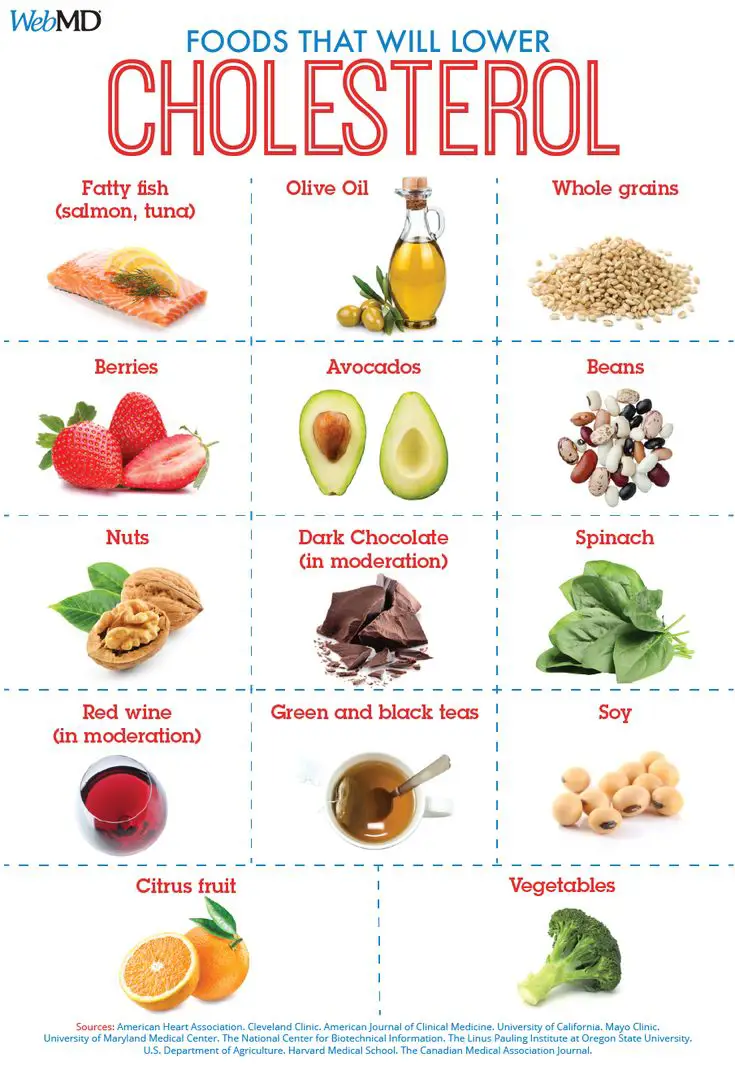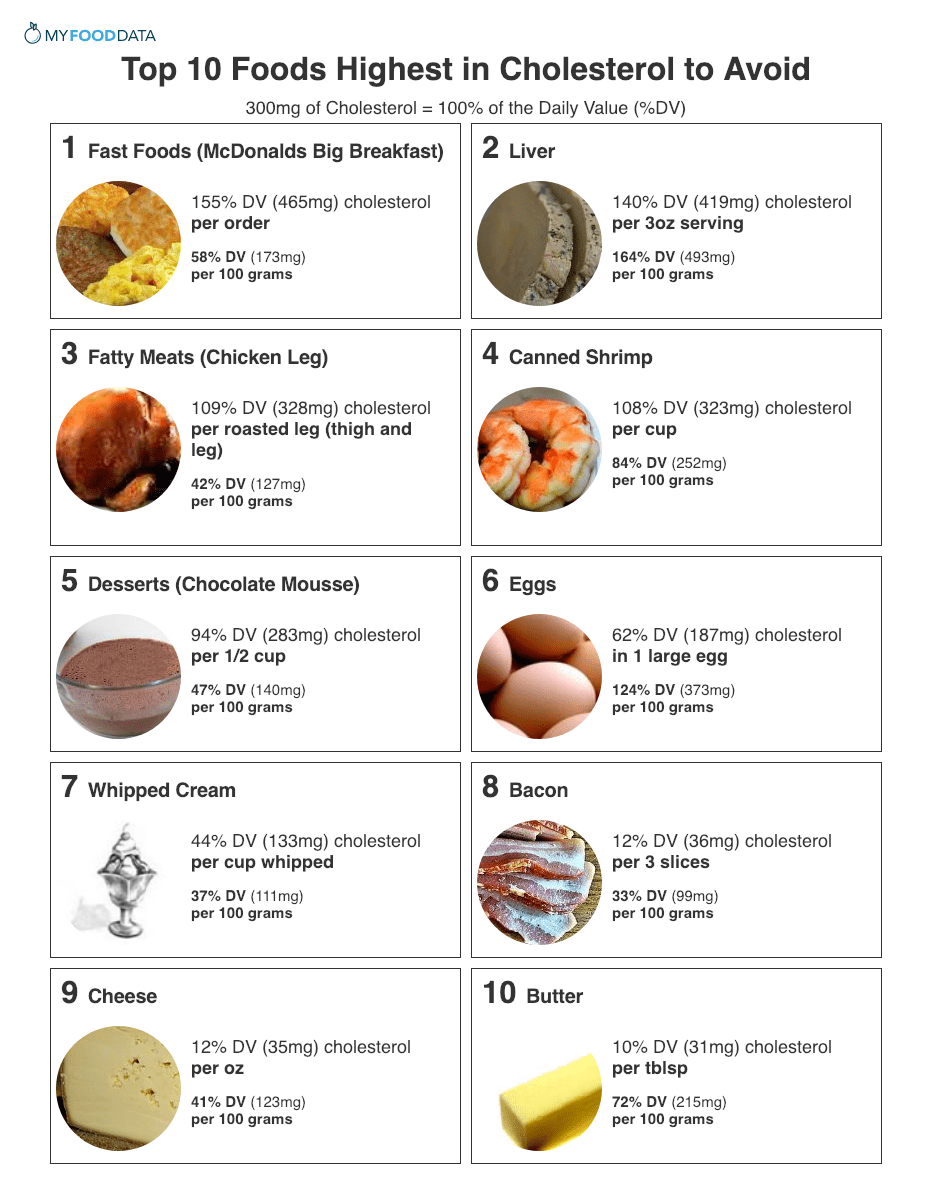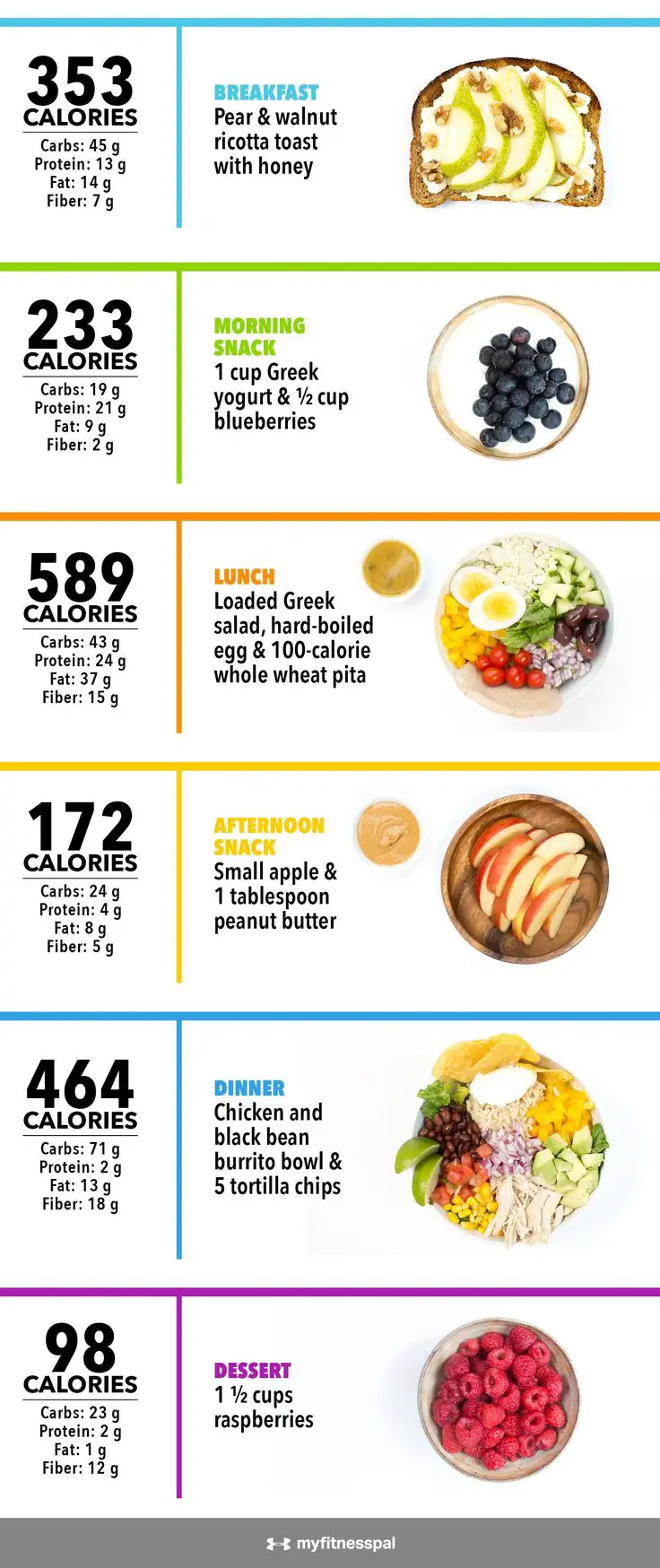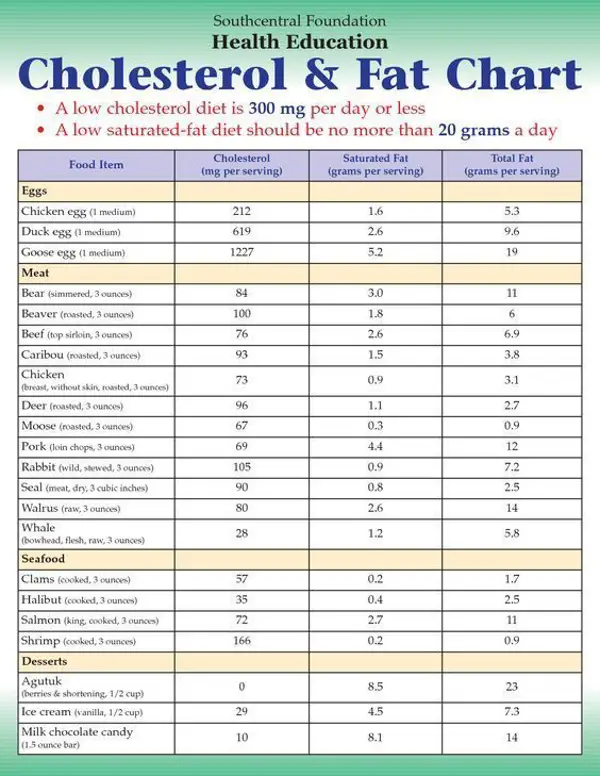Table of Contents
- Introduction
- Foods to Eat for Lowering Cholesterol
- Foods to Avoid for High Cholesterol
- The Role of Exercise
- Supplements for Cholesterol Management
- Sample Meal Plan
- Conclusion
Introduction
High cholesterol is a major risk factor for heart disease and stroke. Fortunately, making dietary changes can help improve your cholesterol levels. In this article, we will discuss the best and worst foods to eat for managing high cholesterol.
Foods to Eat for Lowering Cholesterol
Include foods high in fiber, such as fruits, vegetables, whole grains, and legumes, in your diet. These foods can help lower LDL cholesterol levels. Also, incorporate heart-healthy fats, like those found in avocados, nuts, and olive oil.
If you are looking to lower your cholesterol levels, incorporating certain foods into your diet can be beneficial. Here are some foods to eat:
- Oats: Oats are rich in soluble fiber, which helps to lower LDL cholesterol levels.
- Fatty fish: Fish like salmon, mackerel, and sardines are high in omega-3 fatty acids, which can help reduce cholesterol levels.
- Nuts: Almonds, walnuts, and other nuts are high in healthy fats and can help lower LDL cholesterol.
- Avocado: Avocados are rich in monounsaturated fats, which can help lower bad cholesterol levels.
- Fruits and vegetables: Fruits and vegetables are high in fiber and antioxidants, which can help lower cholesterol levels.
- Beans and legumes: Beans and legumes are high in soluble fiber, which can help lower cholesterol levels.
On the other hand, there are also foods to avoid if you are looking to lower your cholesterol:
- Processed meats: Processed meats like bacon and sausage are high in saturated fats and can raise cholesterol levels.
- Fast food: Fast food is often high in trans fats and saturated fats, which can raise cholesterol levels.
- Butter and margarine: Butter and margarine are high in saturated fats and trans fats, which can raise bad cholesterol levels.
- Full-fat dairy: Full-fat dairy products like cheese and cream are high in saturated fats and can raise cholesterol levels.
- Pastries and baked goods: Pastries and baked goods are often high in trans fats and saturated fats, which can raise cholesterol levels.
By incorporating more of the recommended foods and avoiding the foods to limit, you can help lower your cholesterol levels and improve your overall health.

Foods to Avoid for High Cholesterol
Avoid foods high in saturated and trans fats, such as red meat, processed meats, and fried foods. These fats can raise LDL cholesterol levels and increase your risk of heart disease.
When trying to list high cholesterol eat it is important to avoid certain foods that can contribute to elevated cholesterol levels. Here are some foods to avoid:
- Saturated fats: Limit consumption of red meat, full-fat dairy products, and processed foods that are high in saturated fats.
- Trans fats: Avoid foods containing hydrogenated oils, such as margarine, baked goods, and fried foods.
- Sugar: Limit intake of sugary foods and drinks, as they can contribute to weight gain and raise cholesterol levels.
- Salt: Reduce consumption of high-sodium foods, as excess salt can lead to hypertension and heart disease.
- Processed foods: Stay away from processed foods that are high in added sugars, fats, and salt.
By avoiding these high cholesterol foods, you can help lower your cholesterol levels and reduce your risk of heart disease and other related health issues.

The Role of Exercise
In addition to diet, regular physical activity is important for managing cholesterol levels. Aim for at least 150 minutes of moderate-intensity exercise per week, such as brisk walking or cycling.
High cholesterol levels can increase the risk of heart disease and other health problems. One way to help manage high cholesterol is through exercise. Regular physical activity can help lower cholesterol levels and improve overall heart health.
Foods to Eat
- Foods high in fiber, such as fruits, vegetables, and whole grains
- Fatty fish, such as salmon and mackerel, which are high in omega-3 fatty acids
- Nuts, such as almonds and walnuts, which are high in healthy fats
- Legumes, such as beans and lentils, which are high in protein and fiber
- Lean proteins, such as skinless poultry and tofu
Foods to Avoid
- Trans fats, often found in processed and fried foods
- Saturated fats, found in fatty meats, butter, and full-fat dairy products
- Sugary foods and beverages, such as sodas and sweets
- Excess alcohol, which can raise cholesterol levels
- Salt, which can contribute to high blood pressure and heart disease
Along with a healthy diet, incorporating regular exercise into your routine can help improve cholesterol levels and overall heart health. Aim for at least 30 minutes of moderate-intensity exercise most days of the week, such as brisk walking, cycling, or swimming.

Supplements for Cholesterol Management
Some supplements, like fish oil and plant sterols, have been shown to help lower cholesterol levels. However, always consult with your healthcare provider before starting any new supplement regimen.
High cholesterol levels can increase your risk of heart disease and other health problems. In addition to eating a healthy diet and exercising regularly, there are supplements that may help manage your cholesterol levels. Here are some supplements to consider:
Supplements to Try:
- Omega-3 Fatty Acids: Found in fish oil supplements, omega-3 fatty acids can help lower triglyceride levels and may also help raise HDL (good) cholesterol levels.
- Plant Sterols and Stanols: These compounds are found in certain fortified foods and supplements and may help lower LDL (bad) cholesterol levels.
- Red Yeast Rice: Contains naturally occurring statins that can help lower LDL cholesterol levels.
Foods to Eat:
In addition to taking supplements, it's important to eat a diet that is low in saturated and trans fats. Foods that may help lower cholesterol levels include:
- Fruits and vegetables
- Whole grains
- Legumes (beans, lentils, chickpeas)
- Fatty fish (salmon, mackerel, sardines)
- Nuts and seeds
Foods to Avoid:
To help manage your cholesterol levels, try to limit or avoid the following foods:
- Processed meats (sausage, bacon, hot dogs)
- Fried foods
- High-fat dairy products (whole milk, cheese)
- Packaged snacks and desserts
- Excessive amounts of red meat
It's always best to consult with a healthcare provider before starting any new supplement regimen. Remember that supplements should be used in addition to, not as a replacement for, a healthy diet and lifestyle.

Sample Meal Plan
Here is a sample meal plan for a day of heart-healthy eating:
- Breakfast: Oatmeal with berries and almonds
- Lunch: Grilled chicken salad with avocado and vinaigrette
- Dinner: Baked salmon with quinoa and steamed broccoli
If you have high cholesterol, it's important to be mindful of what you eat. Here is a sample meal plan of foods to eat and avoid:
Breakfast:
- Oatmeal topped with fresh berries and a sprinkle of almonds
- Whole grain toast with avocado and a poached egg
Lunch:
- Grilled chicken salad with mixed greens, cherry tomatoes, and a light vinaigrette dressing
- Quinoa bowl with roasted vegetables and a drizzle of olive oil
Snack:
- Greek yogurt with a handful of nuts
- Carrot sticks with hummus
Dinner:
- Baked salmon with steamed broccoli and quinoa
- Vegetarian stir-fry with tofu, bell peppers, and snow peas
Foods to Avoid:
- Processed meats like bacon and sausage
- Fried foods
- Trans fats found in baked goods and fast food
- Highly processed snacks like chips and cookies
Remember to consult with a healthcare professional or a registered dietitian for personalized advice on managing your high cholesterol.

Conclusion
By incorporating these dietary and lifestyle changes, you can effectively manage your cholesterol levels and reduce your risk of heart disease. Remember to consult with your healthcare provider before making any significant changes to your diet or exercise routine.
Key Takeaways
- Eat plenty of fiber-rich foods and heart-healthy fats to lower cholesterol.
- Avoid saturated and trans fats found in red meat and processed foods.
- Regular exercise is essential for managing cholesterol levels.
- Consider incorporating supplements like fish oil for additional support.
- Consult with a healthcare provider before making significant changes to your diet.
Frequently Asked Questions
- Can I eat eggs if I have high cholesterol?
- Eggs can be a part of a healthy diet for most people, but if you have high cholesterol, it's best to limit your intake and focus on lean proteins.
- Is coconut oil good for lowering cholesterol?
- Coconut oil is high in saturated fat, so it's best to consume it in moderation if you have high cholesterol.
- How quickly can I see results from dietary changes?
- Results from dietary changes can vary, but many people see improvements in their cholesterol levels within a few weeks to a few months.



Recent Comments